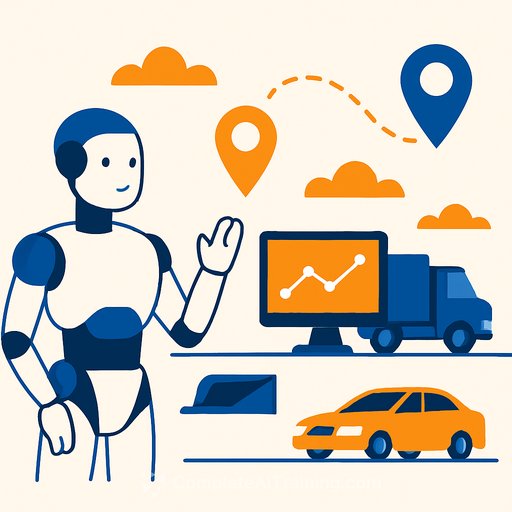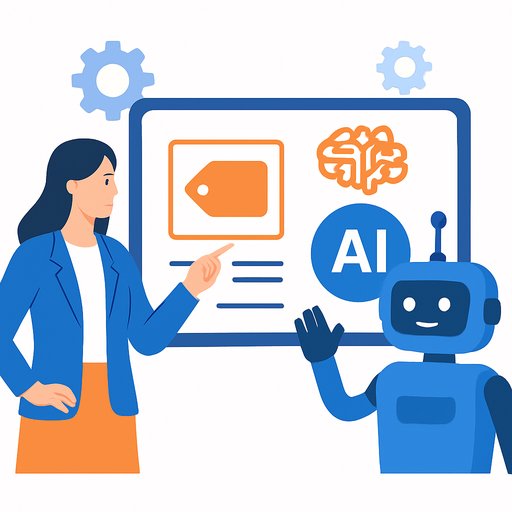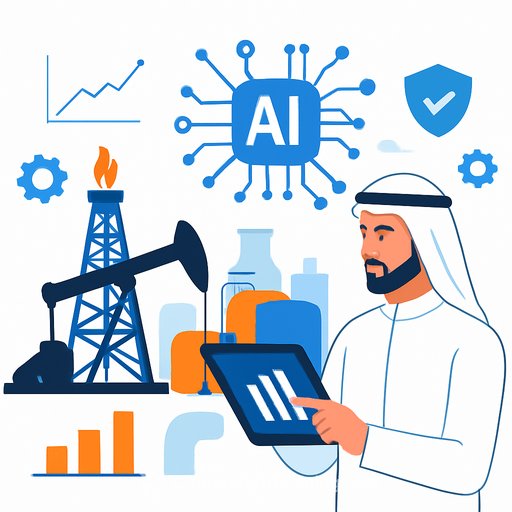Transportation Management and the Future of AI
Six in 10 transportation leaders expect autonomous agentic AI to act on their behalf within the next five years. Yet, only 37% of organizations have deeply integrated artificial intelligence and machine learning into their current transportation management systems (TMS). These insights come from research by Manhattan Associates and Vanson Bourne.
While confidence in AI’s potential is high, challenges remain. Less than half of leaders feel highly prepared for AI agents to be fully in place by 2030. About 50% anticipate skill shortages during AI integration, 44% foresee integration delays, and another 44% point to concerns over data quality and availability.
These hurdles are common in technology adoption. Many organizations have started using basic AI tools, like AI-integrated sales and operations planning (used by 60%) and predictive analytics (used by over half). However, fewer have adopted faster AI tools such as historical trend analysis (38%), automated booking (36%), or real-time demand sensing (35%).
The Growing Importance of Transportation Management
Transportation management has gained stronger focus as consumer expectations rise and supply chain costs fluctuate due to political shifts. Currently, 78% of leaders view transportation management as essential for success, and 86% expect it to be a top priority by 2030.
Competing priorities add complexity. Nearly 70% of leaders rank sustainability as a top organizational focus. At the same time, many companies struggle with operational insight: half report difficulty in preemptively rerouting shipments, and about half face challenges in scheduling dock and warehouse workers effectively.
The Role of Agentic AI
Agentic AI promises to help companies balance multiple priorities simultaneously. However, starting with technology adoption now is critical. According to experts, 87% of leaders expect challenges in operational visibility, AI adoption, and sustainability compliance to increase, which will strain existing TMS. Delaying action could lead to higher costs, reduced effectiveness, and missed customer expectations.
Early adoption has clear benefits. Over 80% of leaders believe technological advances could cut freight costs by at least 5% by 2030. Additionally, 60% agree that improved visibility and insight into transportation systems enhances customer satisfaction.
Transportation is changing, and companies must adapt to stay competitive. Many organizations still need to catch up on AI implementation, but prioritizing technology is essential to avoid falling behind. Future transportation management will require smarter, more intuitive operations to meet evolving sustainability demands and customer expectations.
- Key challenges to address:
- Skill shortages in AI integration
- Data quality and availability
- Operational visibility
- Sustainability compliance
- Practical steps forward:
- Begin integrating AI tools early
- Focus on improving data management
- Enhance real-time transportation insights
- Balance sustainability with operational efficiency
For managers looking to strengthen their AI knowledge and skills in transportation or other sectors, exploring targeted courses can be a valuable step. Resources like Complete AI Training’s latest AI courses offer practical guidance to prepare for the evolving demands of AI in business.
Your membership also unlocks:






